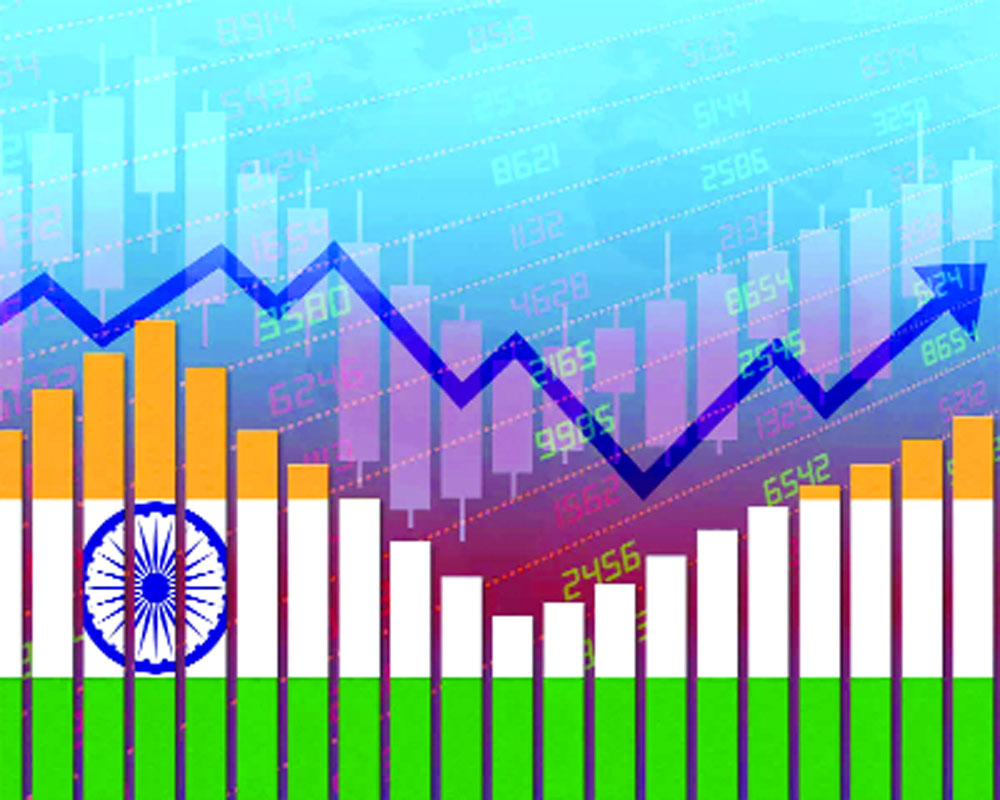The economy is resilient though there are issues that need to be resolved urgently
The World Bank’s assessment that India’s economy would remain resilient despite some signs of moderation in growth in the second half of the last fiscal comes as a morale booster for the country’s economic policy and decision makers. Even though the bank has downwardly revised its GDP forecast for the current fiscal to 6.3 percent from 6.6 percent (made in December 2022), “India is still going to be one of the fastest-growing economies in the world.” The moderation is on account of sluggish consumption growth and tough external conditions. Evidently, former Reserve Bank of India governor Raghuram Rajan’s fears about the slowing growth rate were exaggerated. He said last month that the third quarter FY2023 growth was “dangerously close to our old Hindu rate of growth.” While it is true that the economy has slowed down in the recent past, it is also undeniable that things are not as bad as one would have expected them to be. The Covid pandemic and ensuing lockdowns had crippled the supply chains, resulting in enormous disruptions and losses; and while the economy was getting back on track, Russia’s war in Ukraine brought more trouble. But the recovery seems to be happening. Auguste Tano Kouame, World Bank’s Country Director in India, told a news channel that India needs to grow at 8 per cent if it wants to become an upper middle-income country by 2030 and a developed economy by 2047. Deep reforms are needed to achieve that, he added.
The good news is that a number of reforms have already been undertaken: the fiscal situation, though not ideal, is under control; GST implementation has found its groove; direct tax collection is also buoyant, the mop-up for the last fiscal exceeding even the revised estimates; infrastructure development is going on at an unprecedented pace; welfare programmes are being streamlined, with emphasis on technology adoption and elimination of non-eligible beneficiaries; and the Government is no longer afraid of the most daring of all liberalisation measures—privatisation. The World Bank has rightly underlined the weaknesses like the one in manufacturing, but there are some good signs. For instance, S&P Global India Manufacturing Purchasing Managers’ Index showed a three-month high in March, the index rising to 56.4 from February’s 55.3. Capital goods, indicating capacity addition in the economy, also grew at 13.6 per cent in April 2022-January 2023, against a high base of 21.3 in the corresponding period in 2021-22. It would be premature to state that an industrial revolution is on the horizon, but there is a real possibility of uptick in manufacturing. There are also some real concerns; these are mainly from politics. Populism continues to lure politicians to its meretricious charms, which invariably strains the public exchequer. Then there is the issue of not enough investment pouring in. On the whole, however, the situation is not bad.
























